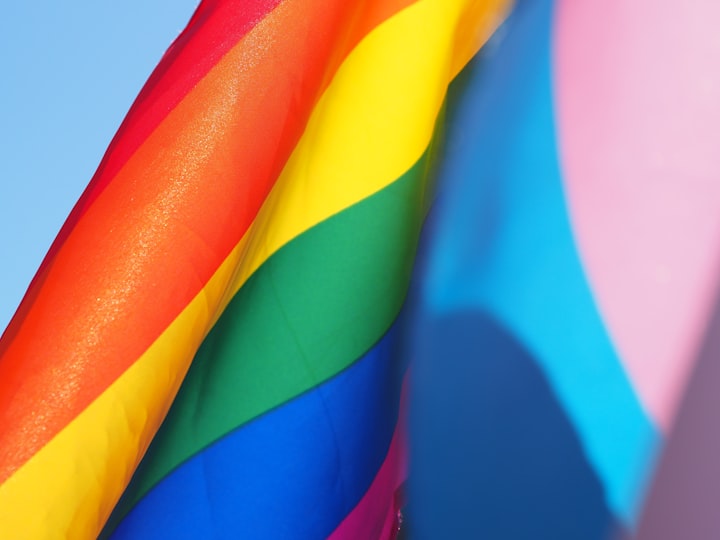Pride Month is noted every June in the United States.
The annual celebration honors the anniversary of the Stonewall Riots, which occurred in New York City in 1969.

Pride Month, observed every June in the United States, is a significant celebration and recognition of the LGBTQ+ community's history, achievements, and ongoing struggles. With its vibrant parades, events, and activities, Pride Month serves as a platform for promoting equality, acceptance, and fostering a sense of community. This essay will explore the origins of Pride Month, its significance, and the impact it has had on society.
Pride Month traces its roots back to the Stonewall Riots, a pivotal event in LGBTQ+ history that occurred in June 1969. In the early morning hours of June 28, a police raid took place at the Stonewall Inn, a popular gay bar in New York City's Greenwich Village. This incident, instead of leading to passive acceptance or surrender, sparked a series of protests, demonstrations, and acts of resistance that lasted for several days. The Stonewall Riots became a catalyst for the modern LGBTQ+ rights movement in the United States.
Since then, Pride Month has grown into a global movement that celebrates the LGBTQ+ community's resilience, diversity, and ongoing fight for equality. The month serves as an opportunity to raise awareness about the challenges faced by LGBTQ+ individuals, promote inclusivity, and advocate for the recognition of their rights. Pride Month festivities include parades, marches, film festivals, art exhibitions, panel discussions, and community gatherings. These events create safe spaces where people of all sexual orientations and gender identities can come together, express themselves, and share their stories.
Pride Month's significance extends beyond its celebratory nature. It serves as a reminder of the progress that has been made in the fight for LGBTQ+ rights and the work that still needs to be done. The visibility and empowerment generated during this month contribute to positive societal change and challenge discrimination, prejudice, and stigmatization faced by LGBTQ+ individuals.
One of the most notable achievements resulting from Pride Month and the LGBTQ+ rights movement is the legalization of same-sex marriage in the United States. In June 2015, the Supreme Court ruling in Obergefell v. Hodges granted marriage equality nationwide, affirming that same-sex couples have the constitutional right to marry. This landmark decision marked a significant step forward in ensuring equal rights for LGBTQ+ individuals and their families.
Beyond legal victories, Pride Month has also played a vital role in changing societal attitudes towards the LGBTQ+ community. Increased visibility and representation in the media and popular culture have helped challenge stereotypes and foster greater acceptance. LGBTQ+ individuals and their allies have been able to create platforms for sharing their stories, promoting education, and advocating for change. These efforts have contributed to a more inclusive society where LGBTQ+ individuals can live their lives authentically and without fear of discrimination or prejudice.
However, it is essential to acknowledge that despite the progress made, challenges persist. LGBTQ+ individuals continue to face discrimination, harassment, and violence in many areas of life, including employment, housing, healthcare, and education. Transgender individuals, in particular, face disproportionate rates of violence and discrimination. Pride Month serves as a reminder that the fight for equality and acceptance is ongoing, and there is still work to be done to create a more inclusive and just society for all.
In conclusion, Pride Month holds immense significance in the United States and around the world. It commemorates the struggle for LGBTQ+ rights and celebrates the diversity and resilience of the community. Through its various events and activities, Pride Month promotes acceptance, challenges prejudice, and creates spaces for dialogue and education. While progress has been made, it is crucial to recognize the ongoing challenges faced by LGBTQ+ individuals and work towards a future where equality and acceptance are universal. Pride Month stands as a symbol of hope, unity, and the ongoing fight for a more inclusive society.
About the Creator
devraj dabhade
introduce myself, a passionate blogger driven by the art of storytelling. With a love for words and a flair for creativity, I embark on a journey through the digital realm, sharing my experiences, and insights with a global audience.






Comments
There are no comments for this story
Be the first to respond and start the conversation.